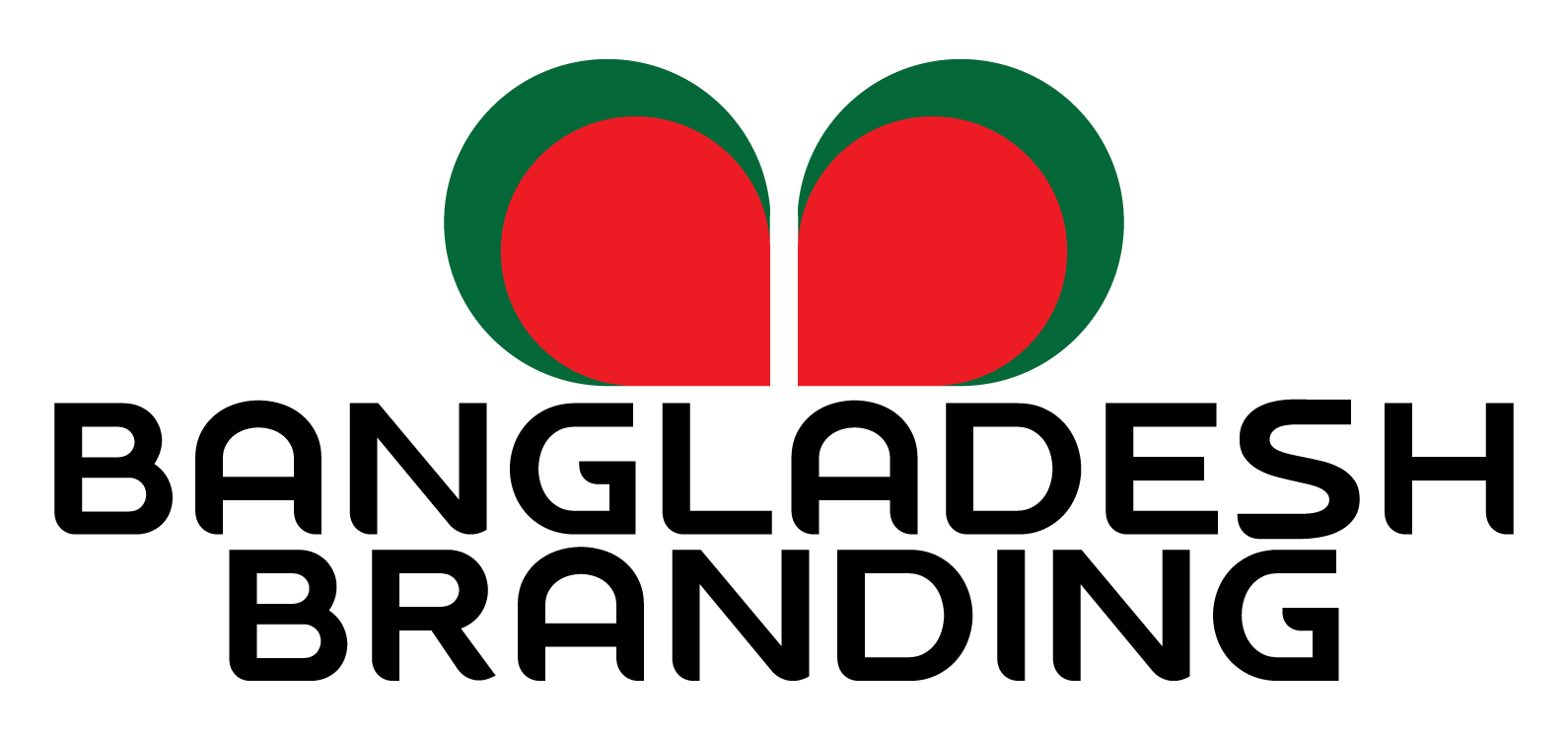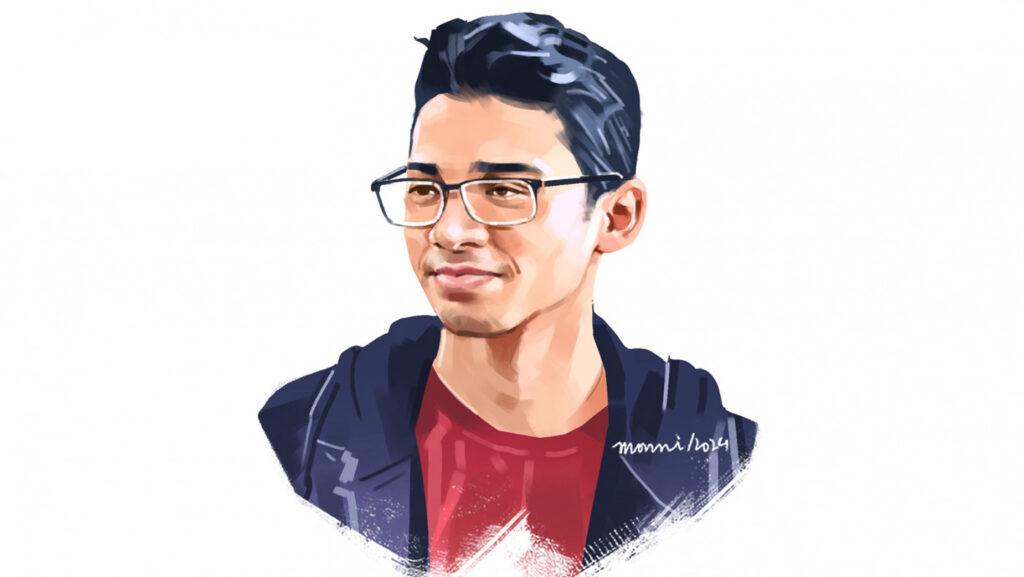Code runs on all computer screens, and adrenaline surges through over all 350 participants, including four from Bangladesh. In recent years, Bangladeshi participants have come close but never won a gold medal. This time, they were determined to defy all the odds—and Debojoti Das Soumya has done it for Bangladesh.
Being the first in something like this is always special. “It’s an amazing feeling,” Soumya, a twelfth grader at Jalalabad Cantonment Public School and College, simply expressed his joy.
In a world driven by complex algorithms, those who master the art of problem-solving through coding truly shine in competitive programming. Every year, thousands of high school students strive for excellence in competitive programming at the International Olympiad in Informatics (IOI).
Soumya started his journey as a programmer when he was just a seventh grader. He learnt about competitive programming from a cousin. He then began learning programming languages and practising regularly to prepare himself for bigger stages.
“Competitive programming is basically computer science related problem solving, which requires mathematical thinking,” said Soumya, adding, “I have been very much into mathematics since my childhood, which helped me shine in competitive programming.”
Bangladesh has been sending contestants to IOI since 2005. To be selected for IOI, Soumya had to go through several stages. First, the Bangladesh Olympiad in Informatics (BdOI) calls for a preliminary round through its Facebook page and website. After the online preliminary round, roughly 60 contestants are selected for a national round.
The national round lasts for two days, consisting of solving three problems in five hours each day. Ten participants are chosen from this round and taken to a camp. The BdOI camp includes training classes and further contests. Finally, the best four candidates are selected for IOI.
To hone his coding skills, Soumya had to invest a significant amount of time practising. “I had to practise a lot—a lot!” he said. Hence, he had much less time compared to his peers for academics.
When asked how he balanced his academics and coding simultaneously, he said that his problem-solving skills helped in his academics. “Competitive programming helped me increase my capacity to grasp academic content quickly. It took me much less time than others to understand a topic.”
He always received support and inspiration from his family. “My family has always been supportive. They let me do whatever I love to do. I am glad that I have such a family.” He also mentioned that the BdOI community was always helpful to him.
Soumya’s advice to those who are interested in competitive programming is simple: “Learn a programming language, preferably C++, and start practising a lot on any online platform,” he says.
Networking with the coding community also helps. “Whenever I faced any difficulty while solving a problem, I would take help from the BdOI community and seniors,” said Soumya.
The Informatics Olympiad is considered one of the five science olympiads held annually across the world. Exceptional high school students who are under 20 from around the world compete in this prestigious algorithmic competition to show off their skills in informatics.
The contest challenges participants in areas like problem analysis, algorithm design, data structures, programming, and testing. The Arab Academy for Science, Technology and Maritime Transport (AASTMT) in Alexandria, Egypt, hosted this year’s IOI from 1 September to 8 September.
Each participating nation sends up to four participants to represent their country. The competition takes place over two days—each day consists of participants competing against each other, solving three algorithmic problems within five hours each day.
This year, Bangladesh’s four contestants—Debojoti Das Soumya, Jarif Rahman, Akib Azmain Turja, and Desh Acharjee—competed at IOI under the leadership of M. Sohel Rahman, a professor of CSE at BUET. Apart from Soumya’s gold haul, both Jarif and Akib won bronze medals.

